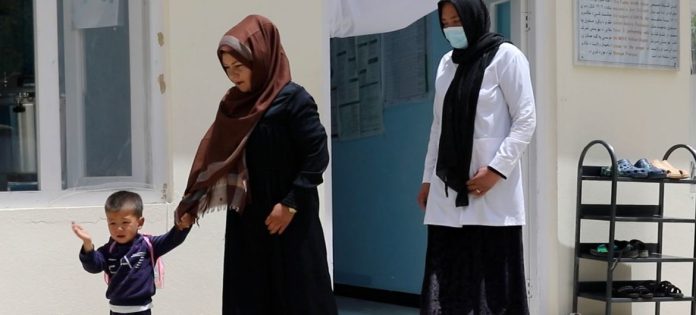A directive issued by the Ministry of Economy on 26 December enforces a two-year-old decree that prohibits women from working with national and international NGOs.
In his statement, Mr. Türk emphasized the devastating impact the decree will have on the delivery of critical humanitarian aid in Afghanistan, where more than half the population lives in poverty. NGOs play a crucial role in providing life-saving support to millions of Afghans, including women, men, and children.
Mr. Türk condemned the decree as deeply discriminatory and urged the authorities to reconsider their actions.
Since taking power, Afghanistan’s authorities have imposed restrictions on women’s rights, denying them access to education, work, healthcare, and freedom of movement. These measures further marginalize women and hinder the progress of the country.
Mr. Türk stressed that excluding women from public life is detrimental to Afghanistan’s advancement politically, economically, and socially.
A plea for a different approach
The High Commissioner called on Afghanistan’s leaders to rethink their policies for the benefit of women, girls, and the nation as a whole. He also highlighted the negative impact of these measures on the global community, as limiting women’s participation increases poverty and challenges efforts to build a stable society.
Mr. Türk concluded by urging the authorities to change course for the future of Afghanistan.






